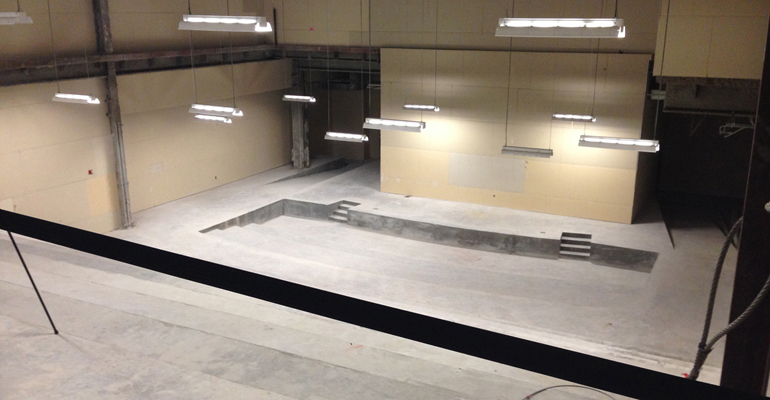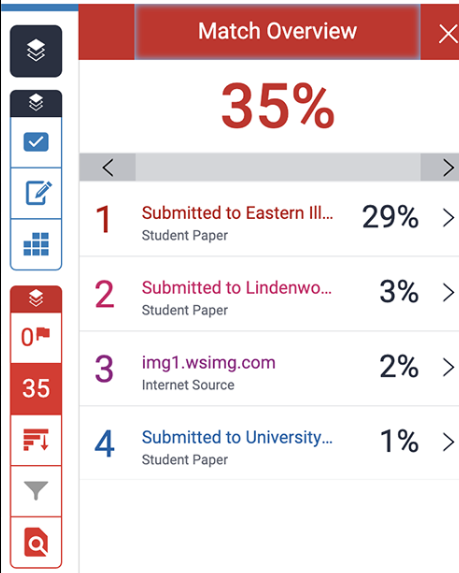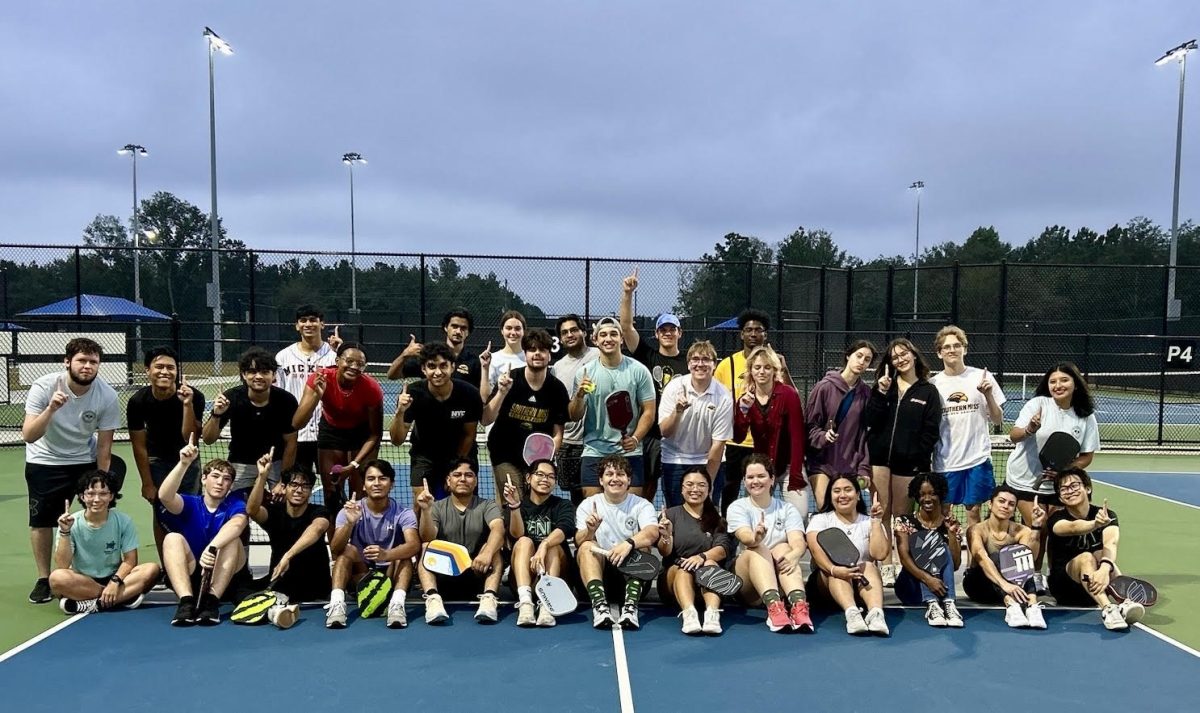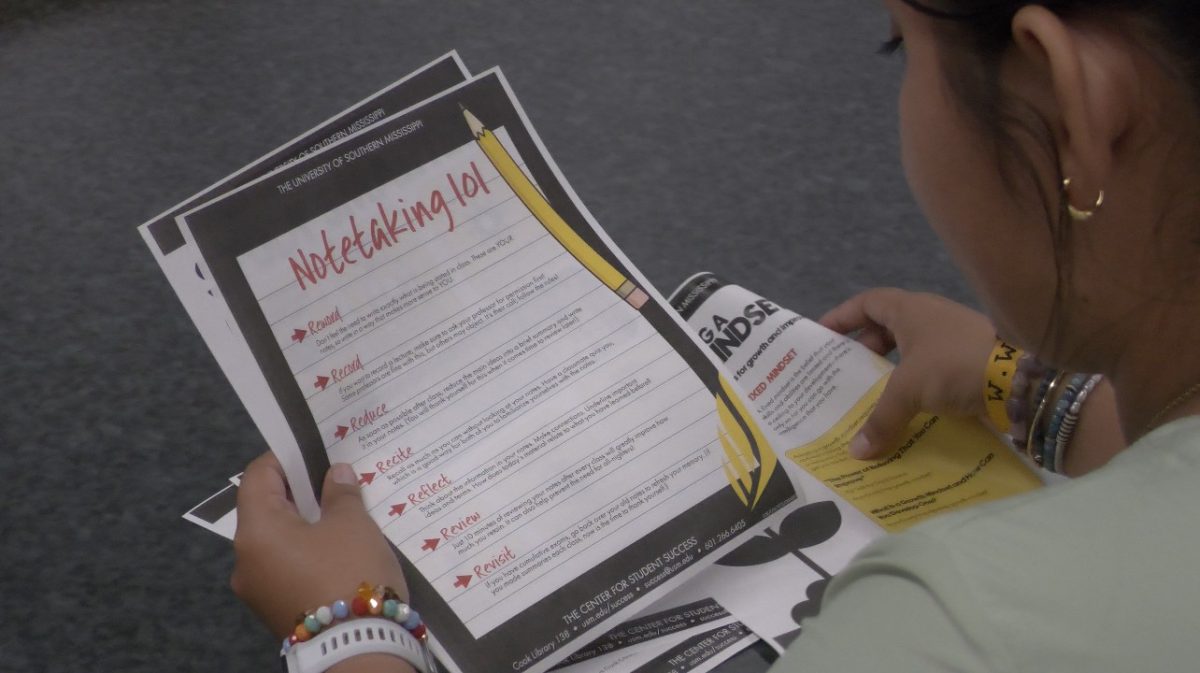This unfinished student cinema currently dwells on the third floor of the TCC. The theatre space was built when the Thad was, however remains unfinished due to lack of funding. -Lindsey Kelley
Monday and Tuesday in the Thad Cochran Center Ballroom, SGA President Jeffrey George presented a new proposal to the students of Southern Miss: a new fee to improve student activities and capital improvements.
George hosted an open forum to discuss the idea, inviting all students to “come together with an eye toward leaving Southern Miss better than we found it.”
According to George, just recently the Institute of Higher Learning governing board, which regulates all eight Mississippi four-year universities, approved a number of student fees for the next school year. This includes Mississippi State University, Mississippi University for Women, Mississippi Valley State and Ole Miss.
These schools brought proposals to the board for approval that would implement a fee of around $55 dollars per semester dedicated to improving student facilities, services and activities.
George said fees have been implemented in the past to build many of the buildings and services students recognize today.
“(There are) few things that student fees have paid for in the past,” George said.
“One student fee, which was started by SGA, was (implemented for) the construction of the Payne Center. (The Thad Cochran Center) that we’re in right now, on the plaque on the wall outside, it says ‘This building was paid for by student fees at (USM) and the taxpayers of the state of Mississippi.’”
The fee would be separate from tuition. This fee would be around $110 a year or $55 a semester. Approximately $70 of the fee would go toward capital improvements, while $40 would go toward student activities.
Several capital improvements George hopes to make would be an expansion of the Payne Center, the finishing of a student cinema in the TCC and expansion of the Hub.
The Payne Center would massively expand, adding two multi-purpose basketball courts. There could potentially be a rock climbing wall and the addition of fitness space for individual workouts and group fitness classes. There are also discussions of increasing the number and quality of intramural fields for their use in intramural and club sports. This expansion would be near the current sand volleyball courts next to the Payne Center.
“The Payne Center was originally built for a much smaller student population than we have now,” George said. “We’re outgrowing what we have.”
Another area of need would be the Student Activities Hub, which currently houses the Student Activities offices as well as the old post office. This space would ideally be home to offices such as the Student-Veterans Organization and the expansion of the Center for Community and Civic Engagement. Aramark currently has plans to construct a Panda Express in part of the old post office area, in which they would pay for the construction and renovation of the area of the restaurant.
“There is a lot of space that’s being underused,” George said. “(This space) could be used to bring student services together in order to bring better service to our students.”
Finally, some of the capital improvements fee would be used to complete the unfinished student cinema currently dwelling in the TCC. The theater space was built when the building was, but was never completed due to lack of funding.
George toured the empty space with the forum attendees, showing illustrations of what the space might look like if the fees were implemented.
“We’d be able to seat about 360 students in here,” he said. “You could also hold recitals in here. This facility, since it would be paid for by students, would be prioritized for our student organizations.”
While the capital improvements would be physical examples of the potential improvements made available by the fee, George also emphasized the portion that would be allocated to student activities.
“Part of this would be going towards SGA, not as an addition to our budget, but something that we could use to better support our students on campus, such as additional support for student organizations,” he said.
Student Organizational Funding (SOF) is a service provided by SGA which allows organizations to apply for additional funding. These funds can be used for club sports teams to travel to tournaments, travel to leadership conferences or a myriad of other uses. Last year, organizations applied for over $12,000 of SOF. SGA was able to provide only $3,000 of the funds requested.
The fee would also go toward more late-night programming, student leadership opportunities and activities such as guest speakers. George said while some effects would be immediate, most large projects like the Payne expansion and the theater would take years to complete. “It’s really about an investment in the future,” he said.
Joe Paul, the vice president of student affairs, expressed his support for the idea.
“There’s a rich heritage here of paying it forward,” he said. “Down the road, it will really begin to enhance student life more exponentially.”
Elyssa Klipsch, a senior music education major, also approved of the proposal.
“I think it’s great and should have been implemented a long time ago,” Klipsch said. “It will really benefit the students (and they) will have so much more opportunity to have different things that students aren’t getting right now. “
The proposal is still being discussed. To submit suggestions or to provide feedback to the idea, email [email protected] or visit SouthernMissSGA.org.

































